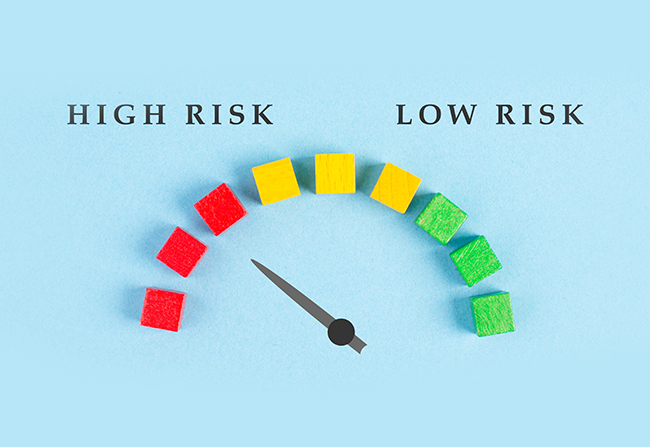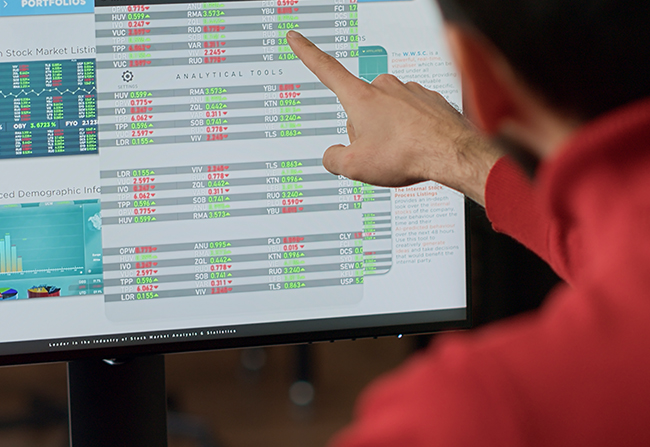
Trading is as much a psychological challenge as it is a technical one. While charts, indicators, and strategies are essential, your mindset often determines your success or failure in the markets. Mastering market psychology means understanding and managing emotions like fear, greed, and impatience that can cloud your judgment and lead to poor decisions.
At its core, market psychology refers to the collective emotional behavior of market participants. This behavior creates patterns like trends, reversals, and panics. On a personal level, your ability to stay disciplined and objective during these emotional swings is what separates successful traders from those who struggle.
The Impact of Emotions on Trading!
Emotions play a significant role in trading. Fear often arises when a trade starts moving against you, leading to premature exits and missed opportunities for recovery. Greed, on the other hand, can push you to hold onto winning trades too long, risking profits as the market reverses.
For instance, after experiencing a string of losses, a trader might hesitate to take the next trade, even if all their analysis points to a good opportunity. This fear of losing again can paralyze decision-making. Similarly, after a big win, greed might lead to overconfidence, causing a trader to take unnecessary risks and deviate from their strategy.
Common Psychological Pitfalls:
One major psychological pitfall is overtrading, which occurs when traders enter too many positions due to impatience or a desire to recover losses quickly. This often results in poor decisions and magnified losses. Another common issue is confirmation bias, where traders only seek information that supports their existing beliefs, ignoring data that might indicate their strategy is flawed.
Another challenge is the fear of missing out (FOMO). Seeing others profit from a trending market can push traders to jump in without proper analysis, often leading to losses. Recognizing and addressing these tendencies is critical for long-term success.
Developing Emotional Discipline:
Discipline is the cornerstone of mastering market psychology. One way to cultivate discipline is by following a detailed trading plan that outlines when to enter and exit trades, how much to risk, and what strategies to use. Sticking to this plan reduces the influence of emotions during high-pressure situations.
Another key aspect of emotional discipline is accepting losses as a natural part of trading. No strategy guarantees 100% success, and occasional losses are inevitable. By viewing losses as learning opportunities rather than personal failures, you can maintain a balanced mindset and avoid overreacting.
Techniques for Managing Trading Stress:
Trading can be stressful, but adopting a few simple practices can help manage it. First, always trade with money you can afford to lose. Knowing your financial stability isn’t at stake reduces anxiety and helps you stay focused. Additionally, setting realistic goals and expectations can prevent frustration and burnout.
Taking breaks is equally important. Spending hours glued to your screen can lead to fatigue and impulsive decisions. Stepping away from the market during periods of high stress allows you to return with a clearer perspective. Mindfulness techniques like meditation or deep breathing can also help you stay calm and composed.
Learning from Losses:
Every trader experiences losses, but how you react to them defines your growth. Instead of dwelling on the negative, analyze what went wrong and identify areas for improvement. Did you deviate from your plan? Was the market condition unusual? By turning losses into lessons, you build resilience and refine your approach.
Keeping a trading journal is an excellent way to track your progress. Record not just your trades but also your emotional state during each decision. Over time, this journal will reveal patterns in your behavior that you can address to improve your trading psychology.
Conclusion:
Mastering market psychology is a journey that requires self-awareness, discipline, and a willingness to learn from mistakes. By understanding how emotions like fear and greed impact your decisions and adopting strategies to manage them, you can trade with greater confidence and consistency.
Remember, successful trading isn’t just about finding the perfect strategy; it’s about maintaining the right mindset. When you prioritize emotional discipline and balance, you position yourself for long-term success in the unpredictable world of trading.




